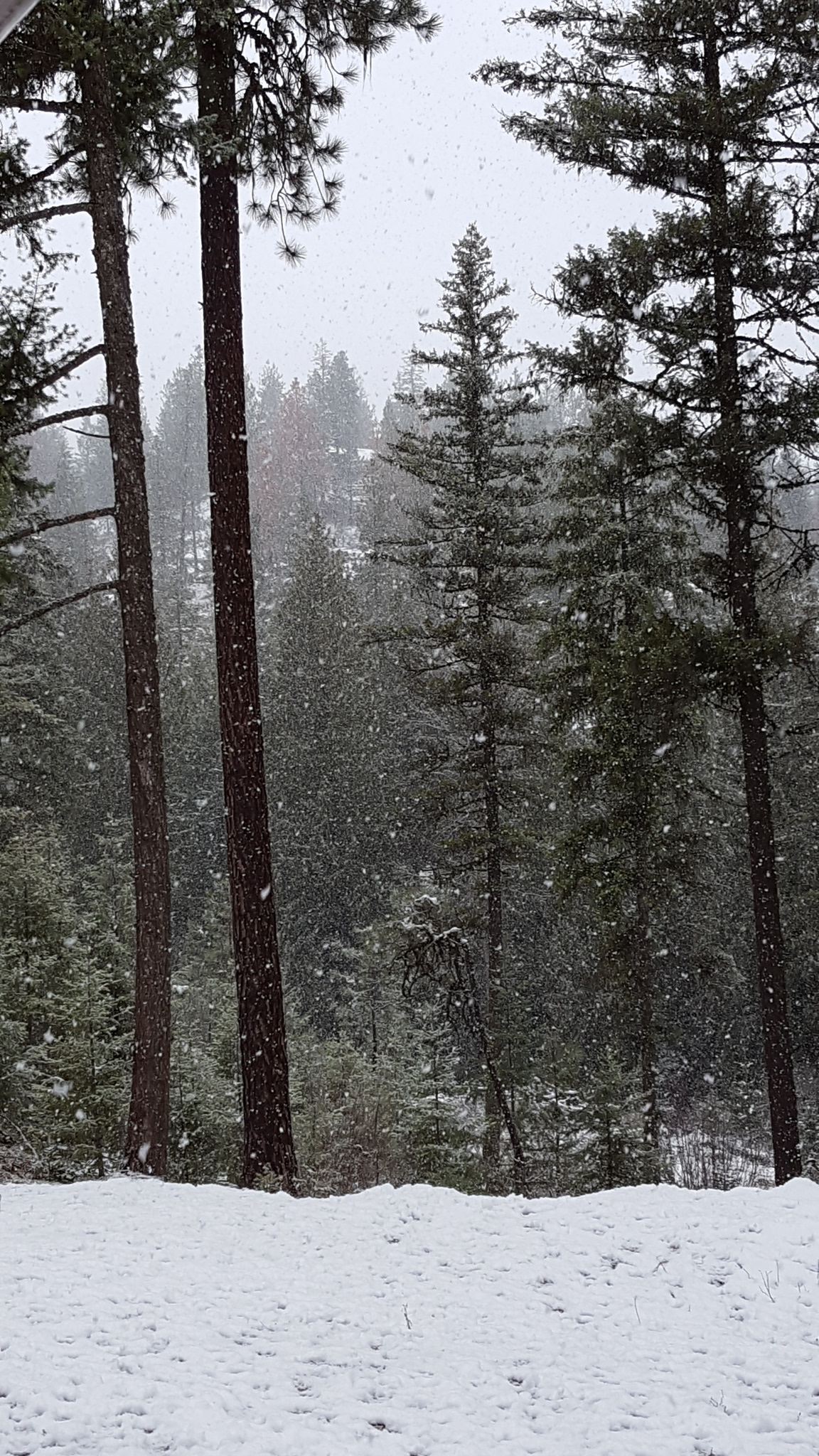-
Content count
2,834 -
Joined
-
Last visited
-
Days Won
28
Everything posted by rene
-
wonderful post, taoiseasy. off your knees and dry your tears, you already have the ultimate teacher; you always did. (-: welcome. . . . . .
-
And as soon as you can entertain the idea that instead of 'back and forth' it's 'both at the same time' - then it's a 'round for the house! Cheers!
-
Sam, belated welcome! I just found and read your empty / full thread; from your post #20: I agree that 'the text is looking to something deeper and broader' - and invite you to join in the Unboundaried Both thread to explore that if you wish. LOL of course everyone is invited. I just remember how as a newcomer I'd always hesitate... now, I dont care how silly I sound. (-: warm regards p.s..Cheya, nice to see you again!
-
Stosh (-: consider them added! That's one of the cool things about the unboundaried aspect; not only is it everywhere - it also facilitates the returning motion of Tao. warm regards
-
Nice, yes, thanks. (-:
-
If that's your primary take-away on this then I say YAY!!! (-:
-
ChiDragon, hi. Sorry so long in responding and this reply might not be what you thought was coming. I appreciate the efforts you went to, posting the Chapters you chose to post. The disagreement between us is not a linguistic one..and actually there's no 'disagreement' at all - as your focus and my focus are on two different areas. Yours is of a scholarly analysis and translation/interpretation of The Laozi. Mine is of what comes through the words, in strong resonance with what is perceived. You are well versed in the Fingers, I only gaze at the Moon. The Chapters you chose to illustrate your position are: 1, 2, 11, 19, 32, 43, 46, 48 and 75. Other than Ch32, none of them are the ones Wang listed (from my Opening Post); ones in which we might have had an opportunity to compare our ideas or at least see if there was a common ground - between your focus and mine. You've stated you have extreme difficulty accepting his idea, and that's fine. You have centuries-worth of scholars to support of your position. All I have is what rings true, lines up, rises and falls with my every breath... What I found in Dr Wang, rather in his idea, was a creative aligning of the words and the resonance : When you first proposed, in a different thread, looking at the chapters in which "LaoTze used 無 (wu) in some special cases, in a very clever way throughout the Tao Te Ching" I thought you possibly were beginning to see, or as you call it "grok", what Dr.Wang was pointing at. Now, I'm not sure if you do or do not, and either way is fine, but I think our little project here is a wrap. Agree? If there is something more you want to add, that would be alright, too. (-: Again, thanks for the energy you put into this; most appreciated. warmest regards
-
Pardon the interruption ~ Agree and worth a thread of it's own (as in why it's not taught from the start). warm regards
-
hi 宁 Glad you like my sig line. It came to me yesterday so thought I'd wear it for a while. My husband died recently and I'd been thinking about afterlife, etc. What I used to think I still think is the case..but it's not very comforting. What I'd like to think is the case, I cant talk myself into... So, what I've landed on, what I believe, is that nobody knows anything for sure so whatever comes will be alright. Sometimes knowing the "truth" doesn't matter. Getting through the days, and nights, does. (-: warm regards
-
Yeppers and my guess is more than not.
-
Me too. Welcome. (-: Rene - another old Aikidoka (more like perpetual Uke, lol)
-
CD, thanks. Using just your chapters...do you see any differences in uses (of wu) between this: Chapter 32 1. 道常無,名樸。 2. 始制有名, 1. When Tao was always in the State of Wu, thus it was simple and natural. 2. At the beginning of the manifestation of Tao, the names were given to all things that are created. - and this from your Ch 43 post - Again, 無(wu) here was used to negate "space" to make "space" become solidify. Thus 無間 means "non-space". *** . (I'm trying to see if we're at the same starting point...tks!)
-
zerostao - yep and well said. Hell.. even LZ could only guess at that same thing we're all guessing at, wrapping words and ideas around this same thing at the heart of it All. Some of us need a couple tries at it...especially as words alone are not enough. Here is Laozi the Tao Fan's rough draft of Ch 25... Something mysteriously formed, born before heaven and Earth... In the silence and the emptiness... [no, wait, that's not right...] In the silence and the void, standing alone and unchanging... [there, better] Ever present and in motion. [Heh, that'll confuse 'em] Perhaps it is the mother of ten thousand things? I do not know its name [:shrug: no one does] Call it Tao - [LOL - yeah, that'll keep em going for years. Hahahaha!] warm regards (-:
-
CD, hi One of my references show the occurence of 無 (wu) in Chapters 1, 2, 3, 7, 8, 10, 11, 13, 14, 19, 20, 24, 26, 28, 32, 34, 35, 37, 38, 39, 40, 41, 43, 46, 48, 49, 50, 52, 57, 58, 59, 63, 64, 69, 70, 72, 75, 78, 79 and 80. (I have not personally verified every chapter.) If I may ask... what was it about the uses of 無 in the Chapters you chose (1, 2, 11, 19, 32, 43, 46, 48 and 75) that prompted you to choose those particular chapters? Thanks!
-
Maybe. Last line of 25 is usually translated: Tao follows what is natural. What if ziran (tzu-jan) instead of just 'natural' was more pointing at a 'spiritual naturalness'? Tao follows spiritual naturalness. [For clarity, I'm using 'spiritual' in the wu-state, or even pre-arising, sense... - rather than a 'deity-holy divine' sense] Fun stuff to ponder! Nice catch, et. (-: warm regards
-
Wu: female shaman (nu wu) dancing holding feathers wu2 (sealscript) . . .(nice thread, fh, looking forward to your posts!)
-
等著瞧吧 ! . . (dawei, good idea. 'scusi)
-
My goodness you seem to have much antipathy for anyone non-Cantonese! The integration spoken of was one of the spiritual and physical, the simultaneous and unboundaried arising of 有 (you) and 無(wu) addressed in Chapter 1. Beginning practitioners of some paths suggest a reduction or elimination of "self" and interpret (or first learn) much of the DDJ to that end - only to discover, later in the depths of their practice, that a natural re-integration spontaneously occurs! I'm just a lazy girl who enjoys suggesting overcoming 'either/or' thinking in the first place... even though getting past that mindset from the go seems to be a difficult thing to do, as your post illustrates. I doubt there will be anything I say that might be of any use to you, and so I wish you well on your path. (-: warm regards
-
CD, 10,000 thanks for getting these all out! I'm going to copy them down onto one sheet to ponder the differences... there seems to be a pattern and I want to check a few things further so will respond tomorrow. Very cool stuff. (-: G'nite. warm regards
-
CD - glad you're starting this! Maybe you could do the remaining Chapters (11, 19, 32, 43, 46, 48 and 75 ) that you mentioned before we start - so we'd have them all together for easy reference? and to see if the ways used are similar to each other... warm regards
-
Perhaps your read of The Laozi finds the 'self' to be a 'huge obstacle to the awakening of realization'; my take is one of suggested integration, a more natural connection without exclusion. We each have our own ways, yes? It's natural our perspectives would be different. (-: warm regards
-
As I'm neither liberal, American nor clueless - I'll yield to you as the expert on that. warm regards
-
Maybe because Laozi wasn't buddhist.



